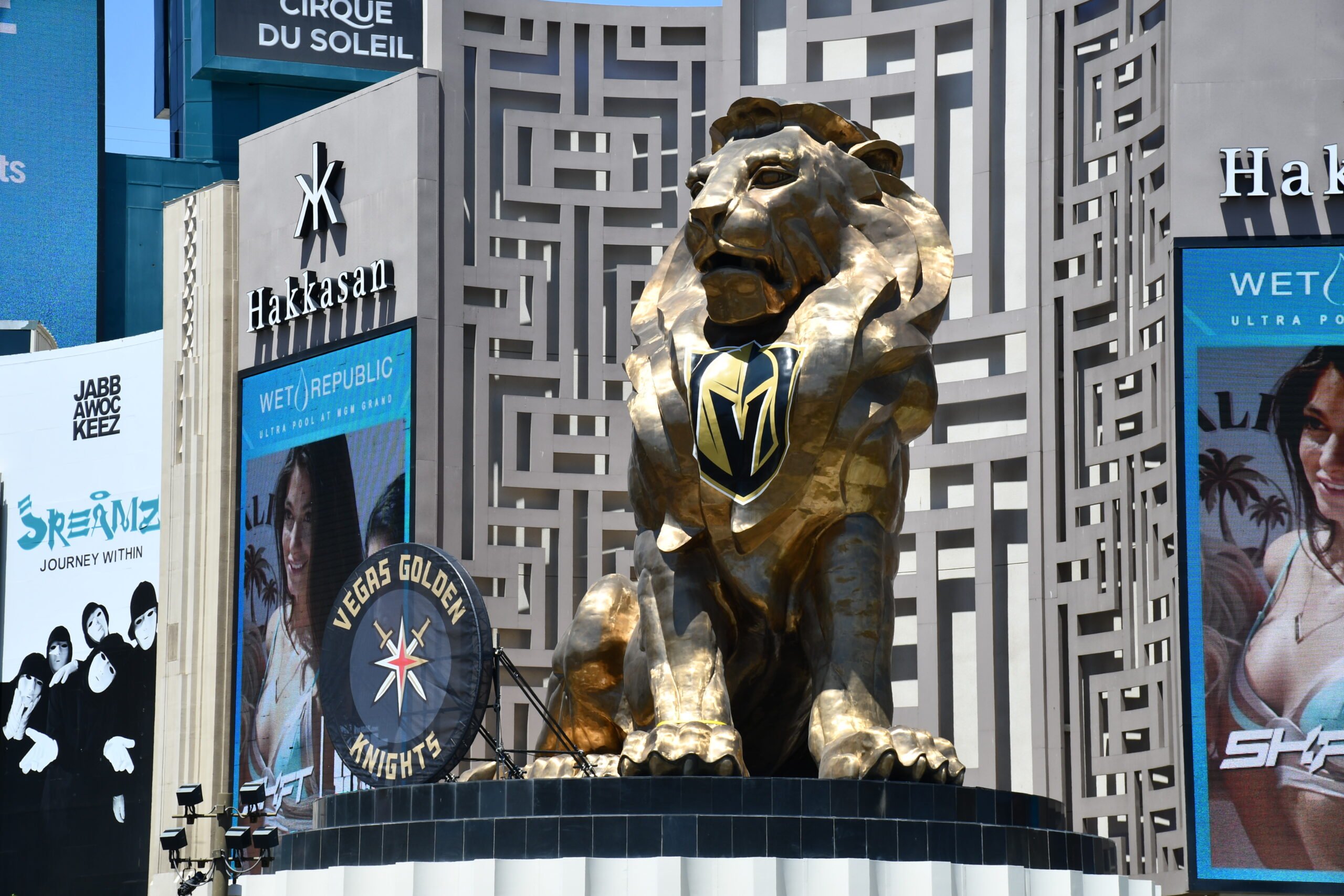Posted on: April 1, 2022, 03:01h.
Last updated on: April 1, 2022, 12:43h.
Moody’s Investors Service has trimmed MGM Resorts International’s (NYSE:MGM) credit rating to “B1” from “Ba3,” moving the casino operator’s grade one notch further into non-investment grade territory.

Among other issues, Moody’s cites ongoing weakness in Macau as one of the reasons for the downgrade. MGM owns almost 56 percent of MGM China.
The downgrade reflects the slow recovery in Macau and the high leverage level the company is expected to carry following a number of deals completed or to be completed soon,” said Moody’s.
The ratings agency called on MGM arrived just days after Morgan Stanley expressed concern about the cash burn rates of five of the six Macau concessionaires. Sands China and MGM China have about three-quarters (nine months) worth of cash to survive at current burn rates.
However, the Las Vegas-based company has $4.8 billion in cash and a $1.67 billion undrawn credit revolver as of 2021, while the Macau operator has total liquidity of $1.68 billion.
Moody’s Questions MGM Transactions
While MGM has one of the strongest balance sheets in the gaming industry, and Wall Street largely praises the company’s asset-lite model, Moody’s voices concerns about some of the company’s transactions.
Those include the operator’s $2.12 billion purchase of a 50% interest in CityCenter, the $1.6 billion acquisition of Cosmopolitan’s casino and hotel operating rights, and the divestment of MGM Growth Properties (NYSE:MGP) to VICI Properties (NYSE:VICI).
While Moody’s highlights vibrancy in Las Vegas and MGM’s regional portfolio, the research firm notes earnings from those sources won’t be enough to offset rising leverage.
“However, the earnings are not enough to offset Moody’s view that the planned transactions are leveraging, and that MGM will maintain leverage significantly above pre-pandemic levels,” notes Moody’s. “Leverage is expected to be maintained over 7x debt-to-EBITDA in 2023, above our 6x downgrade threshold level.”
MGM Not the Only One
Macau acting as a thorn in the side of gaming operators has been nothing new since the start of the coronavirus pandemic.
The gaming sector has been one of the sectors most significantly affected by the shock given its sensitivity to consumer demand and sentiment,” adds Moody’s. “More specifically, MGM remains vulnerable to a renewed spread of the outbreak. MGM also remains exposed to discretionary consumer spending that leave it vulnerable to shifts in market sentiment in these unprecedented operating conditions.”
To be fair to the Bellagio operator, it’s not the only casino giant to recently endure a credit downgrade. In February, Standard & Poor’s (S&P) stripped Las Vegas Sands (NYSE:LVS) of an investment-grade rating, citing Macau woes.
Sands was lowered by S&P to “BB+,”or one notch into junk territory, from “BBB-,“ with a negative outlook.
“We are willing to look out to 2023 for LVS to restore credit measures because of the company’s high-quality asset portfolio and our belief that its gaming markets and assets will eventually recover along with leisure, business, and group travel,” said S&P in its report on Sands.
